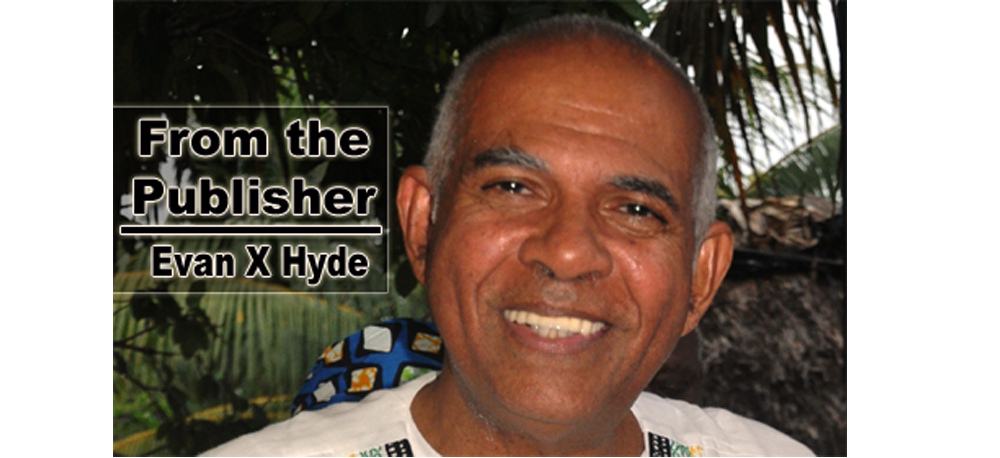Massive respect must be given to the great courage of Wil Maheia and those Belizeans who have accompanied him over the last fifteen years or so on his expeditions to Belize’s southern border with Guatemala at the Sarstoon River. The Belizeans are always unarmed, and the Guatemalans who harass them are always heavily armed.
Today’s column is mainly by way of explaining and elaborating on the relevance of my column last Friday, in which we reproduced the names of those British Hondurans who gave their lives supporting Britain’s war effort in World War II (1939-45).
A patriotic Belizean (British Honduran) who travelled to London to contribute as a nurse to Britain’s war effort, Nadia Cattouse, became a prominent member of London’s artistic community, and she used her relationships with powerful members of British society to call for British government support whenever Guatemala threatened Belize in the decades after the war (before Belize’s political independence in 1981.)
The majority of those from Nadia’s generation and from yours truly’s generation migrated to the United States in the 1950s, 1960s and 1970s. Even more Belizean generations continued to migrate after independence, so that the Belizean generations of today who live here do not have the visceral concern about Guatemala and its claim to our 8,867 square miles which our generations had. Young Belizeans, especially urban ones, have been Americanized by cable television, beginning in 1982; by the drug trade to the markets in American cities, and by the millions of American tourists who have been visiting Belize since the 1990s.
Personally, I don’t know the details of Belize’s “adjacency zone” agreement with Guatemala in the 1990s or early third millennium, except that it was an attempt to lessen opportunities for confrontation between Guatemala and Belize by widening the border line in the Cayo area.
Guatemalan hostility and aggression continued, however, and it was in this climate that the so-called Friends of Belize (the U.S., Britain, Mexico, and others) called for Belize, which was a sovereign member of the United Nations, to submit its borders with Guatemala for adjudication by the International Court of Justice (ICJ), an adjudication which would be final and supposedly lasting.
Belizeans decided to go to the ICJ because they were tired of being threatened by Guatemala, and they were told by their political and other leaders that an ICJ judgment would solve the matter once and for all. I don’t know that if the judgment does not go in Guatemala’s favor that the republic, 40 times larger than Belize and a great and lasting ally of the world’s superpower, the United States, will give such a judgment conclusive respect.
On the other hand, Belize is risking the sovereignty and territorial integrity it achieved with political independence in September of 1981. This is not a desirable situation, but it basically derives from the fact that, militarily, Belize is a trifle compared to Guatemala.
In World War II, however, Belize contributed lives to Britain’s war effort when the British were on their knees before Adolf Hitler’s Germany, who were flying across the English Channel and bombing London every night. This was 1940, after Germany had easily overrun France, Britain’s most significant ally in World War I (1914-18), in which the Germans had been defeated (and they felt humiliated by the treaty afterwards).
When Belize achieved independence in 1981, after the United States gave its go ahead in late 1980, Belize asked the British for a so-called defence guarantee, which Britain refused to give. The following year, however, the British sent their armed forces 8,000 miles to the Falkland Islands in South America to defend the European-descent Falklanders from takeover attempts by Argentina, which was armed with the sophisticated Exocet missile which she had purchased from France. When the British managed to convince the French to stop arming Argentina with the Exocet, the British were able to defeat the Argentineans, although most of Latin America supported Argentina, and the United States, under President Ronald Reagan, had to pretend neutrality.
To me, this ICJ business is very serious, but I believe younger Belizeans are not paying it any attention. In the Belizean diaspora in the United States, they are acquainted with the Guatemalan claim, while older diaspora Belizeans have some knowledge of World War II and the blood Belizeans shed in the defence of Great Britain against Germany.

